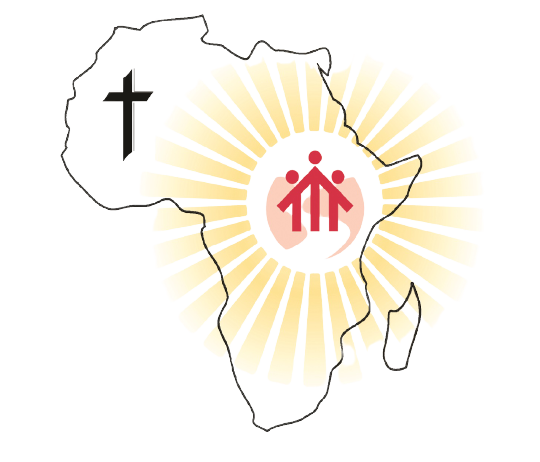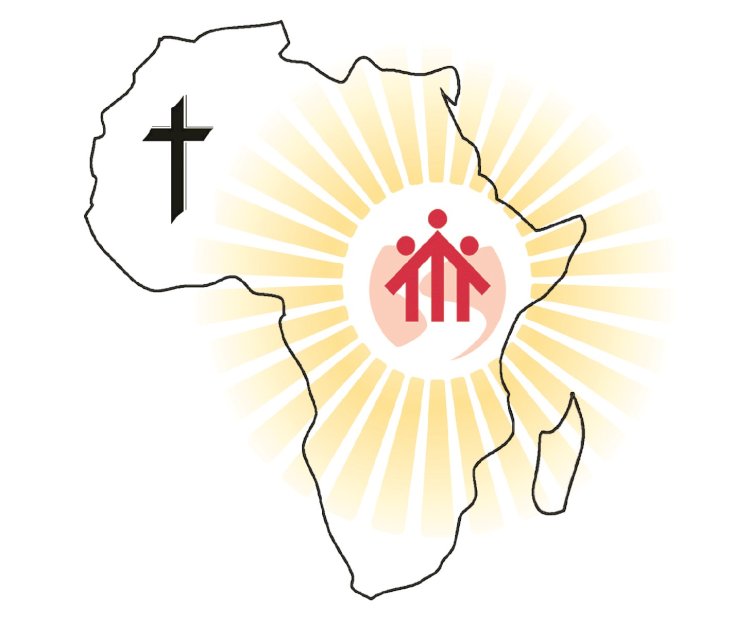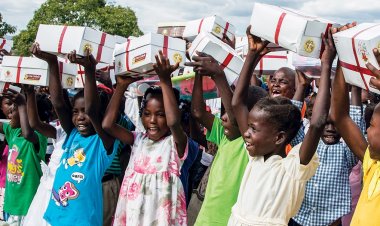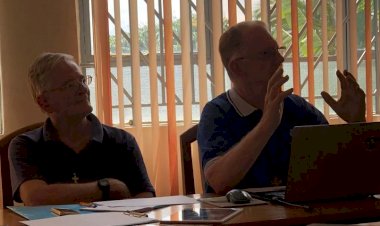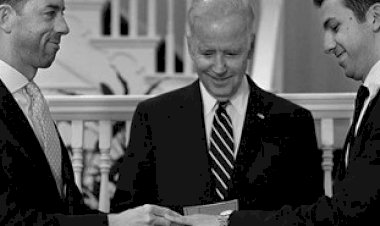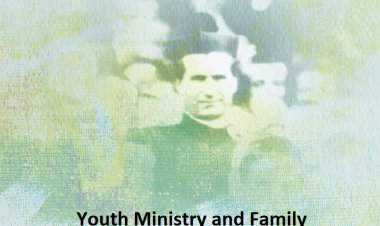History of SAFCAM
The Salesian presence in Africa began in the late 19th Century. It remained relatively weak until Project Africa, launched by Fr Egidio Viganò and his Council after the 21st General Chapter (1978), boosting the presence of Don Bosco's mission and charism in the continent in a wonderful way. In 2020, the Congregation is present in 43 Countries of the continent, with close to 1600 confreres, approximately 720 of whom are below 35 years of age (45 % of the total). Proportionally it is the fastest-growing Region in the congregation.
HISTORY OF SAFCAM
The need for a coordinated effort to support Salesian formation in the Region has grown along with the development of the Salesian presence, the shaping of the local circumscriptions (15 at present) and their growing teamwork through the Regional Conference of Provincial superiors, known as CIVAM.
The need and desire to strengthen ongoing formation through mutual help and a structured form of support at the Regional level have grown more and more intense in the last 20 years, finding expression during the Regional Formation Commission (RFC) and the annual meetings of CIVAM. This growth has been prodded along by the increasing awareness in the Congregation, about the true nature of the ongoing (or lifelong) formation, as a permanent attitude associated with the whole life of each confrere from the beginning of his vocational journey to his last breath.
A first attempt to respond to this need was the creation of the CONFORT Commission (Commission for Ongoing Formation) in 2011: the three confreres who were appointed onto the CONFORT team made themselves available for the animation of the Provinces (formation workshops, retreats, courses...). The proposed courses and initiatives at interprovincial level, and sent animation materials in digital form, in sync with the liturgical and Salesian year and the Church/Congregation main themes for each pastoral year.
It was a laudable effort that lasted three-four years. Evaluating CONFORT's life, work, and effectiveness year after year during the RFC meetings, it became clear that despite the good intention of those who launched it, and the talents and goodwill of those who were appointed to animate it, there were major constraints which made it unsustainable. The chief challenge was that the three well-qualified confreres designated to operate its activities were to try run CONFORT in
their spare time, between the important responsibilities they held in their respective Provinces. Thus their availability was restricted. Secondly, they were based in three different parts of the continent. Their only means of communication was the Internet. A physical meeting of the members took place only twice in those years. The coordination was difficult and consequently, it limited CONFORT's impact.
Along with CONFORT's gradual decline, the need and the demand for a more permanent solution grew stronger. Eyeing the positive examples of other Regional Centres for Ongoing Formation like Quito and Bangalore, during the RFC and CIVAM meetings, the desire for a geographically established center was repeatedly expressed and emphasized.
It became equally clear that the key factor for giving a real chance of realization to this long-awaited dream was the appointment of qualified confreres with full-time responsibility for this project, who could gradually bring to life, in coordination with CIVAM, and under their patronage, the necessary steps towards a Regional Centre of Ongoing Formation for Africa and Madagascar.
The CIVAM meeting of October 2014 in Johannesburg suggested that Fr Manolo Jimenez, who had been the coordinator of the Formation Commission and subsequently Provincial in-charge of formation for CIVAM, could spearhead this initiative. But Fr Manolo was appointed to another responsibility.
Then at the 2015 meeting, the suggestion was made that Fr George Chalissery could assume this task when he concluded his term as Provincial of ZMB. But again his obedience took him elsewhere.
The discussion was renewed during the RFC meeting in Kigali and the CIVAM Provincials’ meeting in Lagos (2016), with the hope that a solution would be found by 2017. The preliminary reflection and discussion had been an important phase in the gradual maturation of this new reality.
After the Team Visit in Nairobi in February 2018, Fr Camiel Swertvagher and Fr Francois Dufour were formally approached by the Rector Major through his vicar, Don Francesco Cereda, to accept their appointment to head the SAFCAM project from the 1st October 2018 at DBYES. Having acquiesced, they have been temporarily transferred to the AFE province for a 3-year assignment (renewable).
Fr Camiel was assigned as Director with Fr Francois as his assistant. Besides running formation programs at DBYES-Nairobi, they form a mobile team able to present workshops on request in the different parts of Salesian Africa.
Apart from CIVAM, they also report to Africa’s Regional Councillor, Fr Alphonse Owoudou sdb – woodalp@gmail.com and the General Formation Councillor, Fr Ivo Coelho sdb formazione@sdb.org
|
Some ask: What if we invest in confreres’ formation and then they leave us? SAFCAM responds: What if we don’t and they stay?! |
